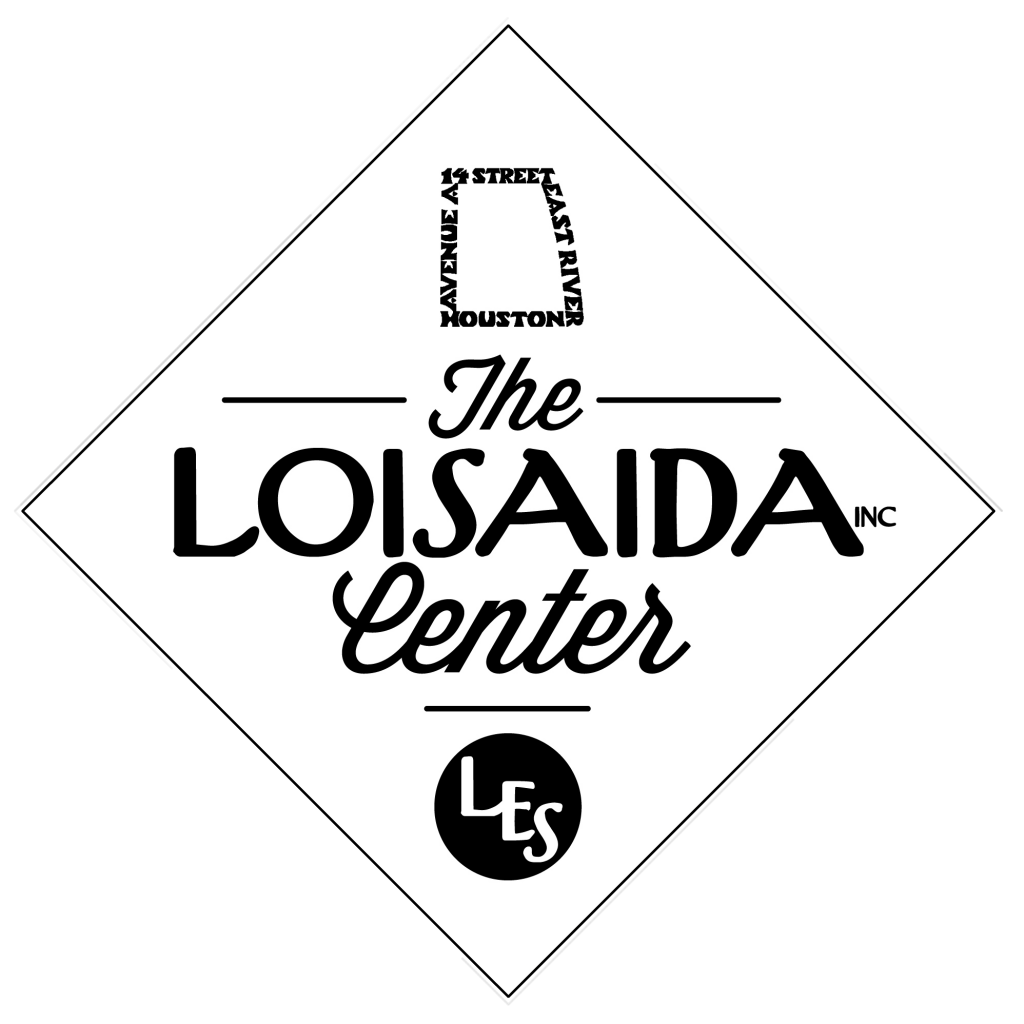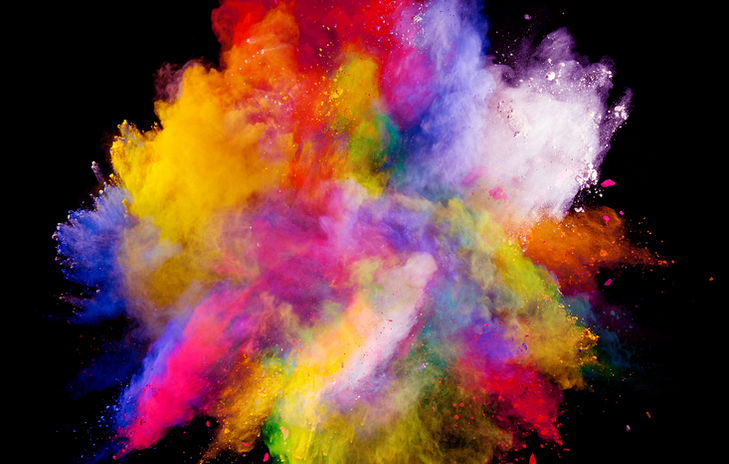BRAINLINGO – CLASS 1
BRAINLINGO – CLASS 1
CLASS 1: GROUND
Poets are creatures of awareness. To build awareness, we need to see what happens to awareness as it transitions. We activate that trigger by presenting two immersive exercises around the theme of process. The Dream Exercise is constructed over four phases; 1) A dream is told to the group. 2) A story is consisting of two or three combined dreams is acted out without words while the rest of the group transcribes what they imagine is being told. 3) The entire group recites their story simultaneously while walking, at one point their writing is taken from them and they must continue speaking while music is played. 4) The words "STOP-WRITE" are yelled, signaling a transition to use magic markers and large-sized newsprint scattered on the floor to write what's been building inside or to allow yourself tangents into newly inspired thoughts.
This exercise is built to represent the evolution of the creative process as a microcosm of the writer's experience. Beginning with a simple story and following through to its transition over time amidst a changing landscape. Within the classroom, the outside world is portrayed with sound and movement. The writing that emerges is then heard by everyone and a discussion follows on the experience and to utilize a charged creative space. This becomes groundwork for all the exercises that follow.
We will also do an Animal exercise where the participants are asked to move about the room and eventually asked to transform into three animals; a favorite, its opposite and a fantasy creature. Once embodied, the animals develop their personality. We then return to our seats and begin writing a short play with these three characters. The writing is then taken home to finish for the next week. Which is where we not only see how other people act out your writing, we also discuss id and ego as portrayed by their animals. We then deconstruct the plays into a ten-line poem replacing each mention of an animal with the worlds "I".
Again, the creative process is at the root of this exercise as we eventually allow the ability for transition to become part of everything we experience in the workshop.

